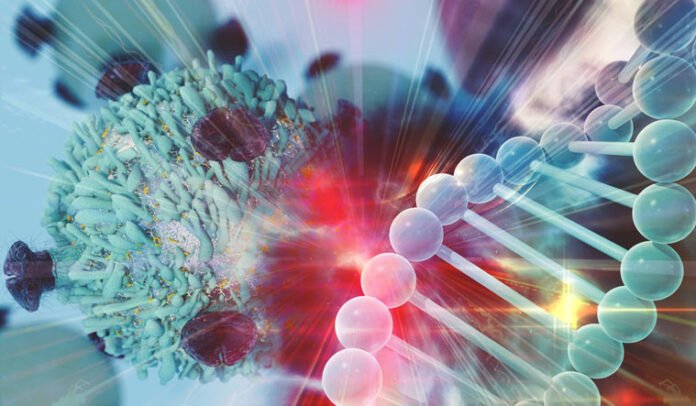Our body is made up of cells, and whatever happens to it—good or bad—happens at a cellular level. Cancer, for example, occurs due to a small change in the cell that prompts it to proliferate abnormally. Also, cancer spreads in the body because the immune cells lose their ability to identify the danger cancer cells pose and stop them from growing. We treat cancer by surgically removing the cancer cells from the body or by giving drugs that kill the malignant cells.
The advancement in our capability to manipulate the body’s immune cells to identify and eliminate cancer cells is remarkable, particularly at the cellular level. No wonder, cell and gene therapies, once considered futuristic medicine, are now a reality, offering hope to millions by redefining the battle against cancer.
Chimeric Antigen Receptor (CAR) T-cell therapy and gene editing tools, like CRISPR-Cas9, are two revolutionary innovations that allow us to personalize treatments based on the genetic profiles of both the patient and the cancer. In CAR T-cell therapy, we extract the patient’s T-cells and add a marker to their surface to restore their ability to detect and eradicate malignant cells. And because these are the body’s own cells, the treatment has almost negligible side effects. Moreover, some of these immune cells remain in the memory and prevent cancer relapse. These are also called living drugs because once injected, these cells stay in the body and guard against the relapse of the cancer.
However, the current cost of these therapies is prohibitive. The high cost, along with the need for advanced medical infrastructure and specialised training for healthcare providers, has limited their availability. Yet, the government is making significant investments in biotech innovations through infrastructure development and by offering research grants. This support allows several Indian companies to focus on developing indigenous CAR T-cell therapies. These initiatives will greatly contribute to reducing the cost of these treatments, ensuring that Indian patients have access to them. Moreover, India’s generic pharmaceutical sector is using its expertise to develop biosimilars and gene therapies, which will further contribute to the affordability of these cutting-edge treatments.
Cell and gene therapies have proven to be effective in treating various malignancies such as leukemia, lymphoma, and myeloma. Numerous clinical trials are currently underway worldwide to assess their efficacy. In India, several hospitals and research centers have also initiated clinical trials to test these therapies against a wider range of cancers, tailoring them to the genetic profiles prevalent in the Indian population.
Furthermore, cutting-edge research in this field will ensure that India will soon have more than one CAR T cell products available for its population. Researchers in India are working on developing third and fourth-generation CARs that will be effective against multiple tumor-associated antigens.
Unlike first-generation CARs, which are mono-specific and target only one type of antigen, these CARs will be able to target two antigens and, hence, be more effective in preventing cancer relapse.
Collaboration between the public and private sectors, as well as foreign alliances, has produced a favorable environment in the country for innovation. Besides, collaborations with global biotech and pharmaceutical giants are facilitating technology transfer and capacity building, enabling India to take a leap into the future of cancer care.
As cell and gene therapies continue to advance, they are poised to redefine cancer care in India and around the world. With ongoing advancements in technology and research, these treatments are becoming increasingly effective, affordable, and accessible, strengthening our fight against cancer.
The significance of these therapies extends beyond the clinical outcomes. They represent a paradigm shift in cancer treatment, moving away from the traditional one-size-fits-all approach to a more personalized and precise form of medicine. For patients, this means medications that are tailored to suit their unique genetic composition, resulting in improved clinical outcomes and fewer side effects.
Undoubtedly, we still need to overcome several hurdles to make these therapies available to all, including addressing regulatory frameworks and ensuring equitable access. Nevertheless, the progress we have made so far serves as a beacon of hope not only for cancer patients in India but worldwide.




